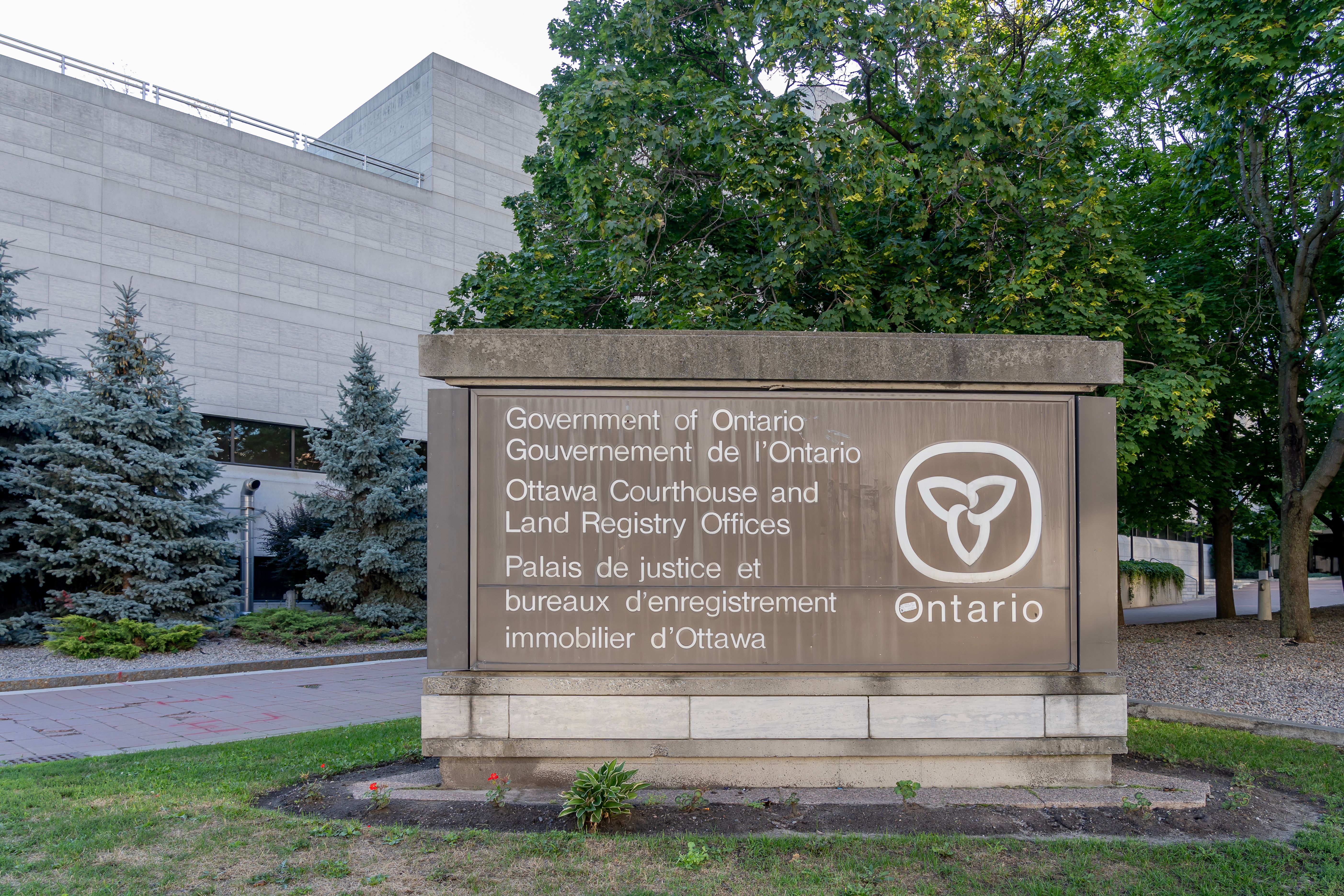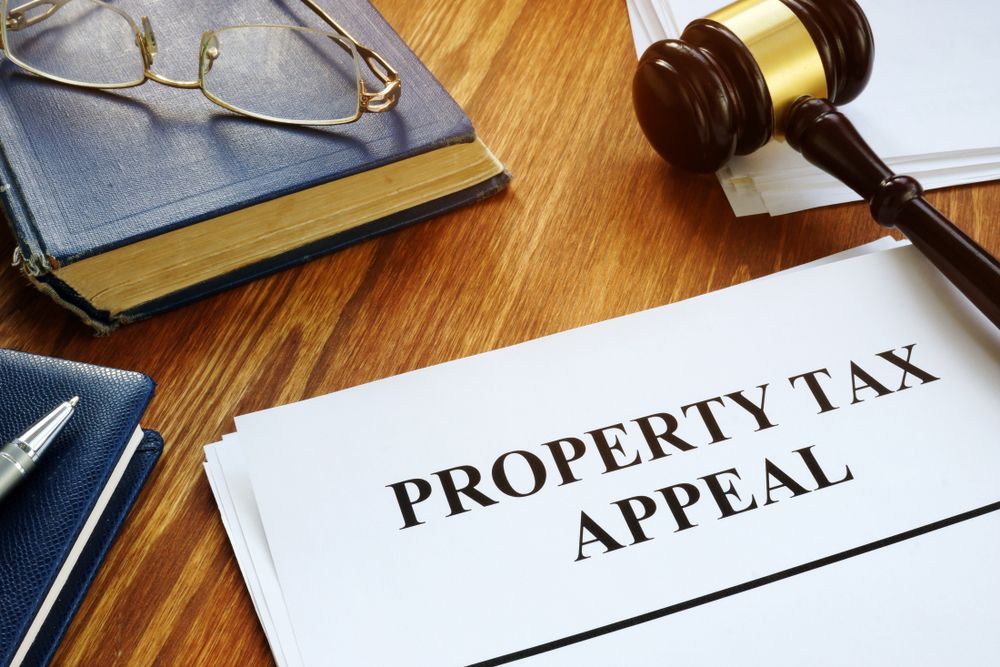In a previous blog, we highlighted the recent Board jurisprudence on an appellant owner’s attempt to withdraw an appeal after MPAC or a municipality serves notice of an intention to seek a higher assessment. We wrote that an appellant may end up with a higher assessment at the end of the process, even if that appellant prefers to withdraw its appeal before a hearing on the merits.
The Divisional Court in Merivale-Gilmour Manor Ltd. v. Municipal Property Assessment Corporation Region No. 3 et al, 2021 ONSC 6240 (CanLII) has supported the Assessment Review Board’s (the “Board’s”) approach on withdrawals. The Appellant in that case was seeking leave to appeal the Board’s review decision which upheld a previous Board decision to deny the Appellant’s request for a withdrawal.
The Appellant in Merivale-Gilmour submitted that the Board erred in a number of ways.
One of the Appellant’s arguments was that the Board’s decision granted overly broad cross-appeal rights. The Court summarized the argument at paragraph 30 as being that MPAC and the municipality end up with appeal rights “which can be served well after the appeal process is underway” and that such a process “is inconsistent with cross-appeal rules contained in the Rules of Civil Procedure, R.R.O. 1990, Reg. 194, the Assessment Act, and the Statutory Powers Procedure Act (the “SPPA”).”
Unfortunately, the Court does not set out what the alleged inconsistencies are. The Court describes the process for launching and withdrawing appeals in the context of an intention to seek a higher assessment and then concludes that the Board’s Rules are consistent with the Assessment Act and the SPPA.
As we explained in our previous blog, one inconsistency is between the Board’s Rules that grant extended appeal rights to a municipality once it serves a notice of higher assessment on the one hand and the limitations periods for commencing appeals under section 40 of the Assessment Act on the other. In such a scenario, a municipality that has not filed an appeal before the limitations periods in section 40 of the Assessment Act still has effective appeal rights under the Board’s Rules by serving a notice of higher assessment.
The result is that parties seeking a higher assessment can push an issue to trial after they are out of time to appeal, but parties seeking a lower assessment cannot. The core concern is that the limitations periods set out in section 40 of the Assessment Act are not applied to parties seeking a higher assessment. This issue is not addressed in Merivale-Gilmour but perhaps it was not squarely before the Court.
Generally, unless a party can show that an assessment did not come to its attention, the section 40 limitations periods have been strictly enforced by the Board. Recent examples of the Board applying the limitations periods in the Assessment Act include Rosenhek v Municipal Property Assessment Corporation Region 27, 2021 CanLII 92526 (ON ARB), and Samiy Retail Inc. v Municipal Property Assessment Corporation, Region 13, 2021 CanLII 69900 (ON ARB). The Board has held that it only “has a limited, common law, power to extend the filing deadlines set in the Act,” see Solar Ship Inc. v Municipal Property Assessment Corporation, Region 20, 2019 CanLII 44275 (ON ARB), at paragraph 9.
The Court in Merivale-Gilmour also rejected the Appellant’s argument that the withdrawal regime is procedurally unfair and results in prejudice to property owners. In doing so, the Court relied on Municipal Property Assessment Corporation v. TKS Holdings Inc., 2016 ONSC 5525, a judgment that found that a proper determination on the merits of the assessed value of a property cannot constitute prejudice. The Board made a similar statement in Grundel Investments Inc. v Municipal Property Assessment Corporation, Region 14, 2021 CanLII 34340 (ON ARB) at paragraph 42.
While a hearing on the merits is not, on its own, prejudicial, the path to that hearing can be. The Board dismisses many cases before a hearing on the merits takes place and does so by weighing the prejudice to the parties at that point in the process. Appeals are dismissed for failing to serve documents when required, as in SGS Lakefield Research Ltd. v Municipal Property Assessment Corporation, Region 07, 2020 CanLII 48629 (ON ARB) or 1620251 Ontario Limited v Municipal Property Assessment Corporation, Region 15, 2021 CanLII 10164 (ON ARB). Appeals are also dismissed on jurisdictional grounds, as in Wilson v Municipal Property Assessment Corporation, Region 01, 2021 CanLII 44050 (ON ARB). There are also many cases that are not heard on their merits because an appeal was not launched in time, and permission to file late is denied, such as in the late appeal cases set out above.
The Court in Merivale-Gilmour also emphasized that the facts of a case must be considered when considering prejudice. It noted that the property sold for $30,000,000 in November of 2017, which was nearly $10,000,000 more than the assessed value. The Court found that “Merivale opened the door and now wants to slam it shut despite the existence of evidence that supports a higher assessment.” However, the taxpayer had the right to end its appeal until the notice of higher assessment was served. If the Appellant had withdrawn the appeal when it had the right to, the sale price of the property would have been of no consequence.
Perhaps the procedural and substantive issues that arise in the context of withdrawal motions will be revisited another day. Until then, it appears that taxpayer appellants will have a difficult time withdrawing their appeals once a notice of higher assessment is served, unless they have the other parties’ consent.
NextGenLaw LLP focusses on property tax litigation and can help you navigate the Rules of the Board, including withdrawals. Contact us today.
.png)

